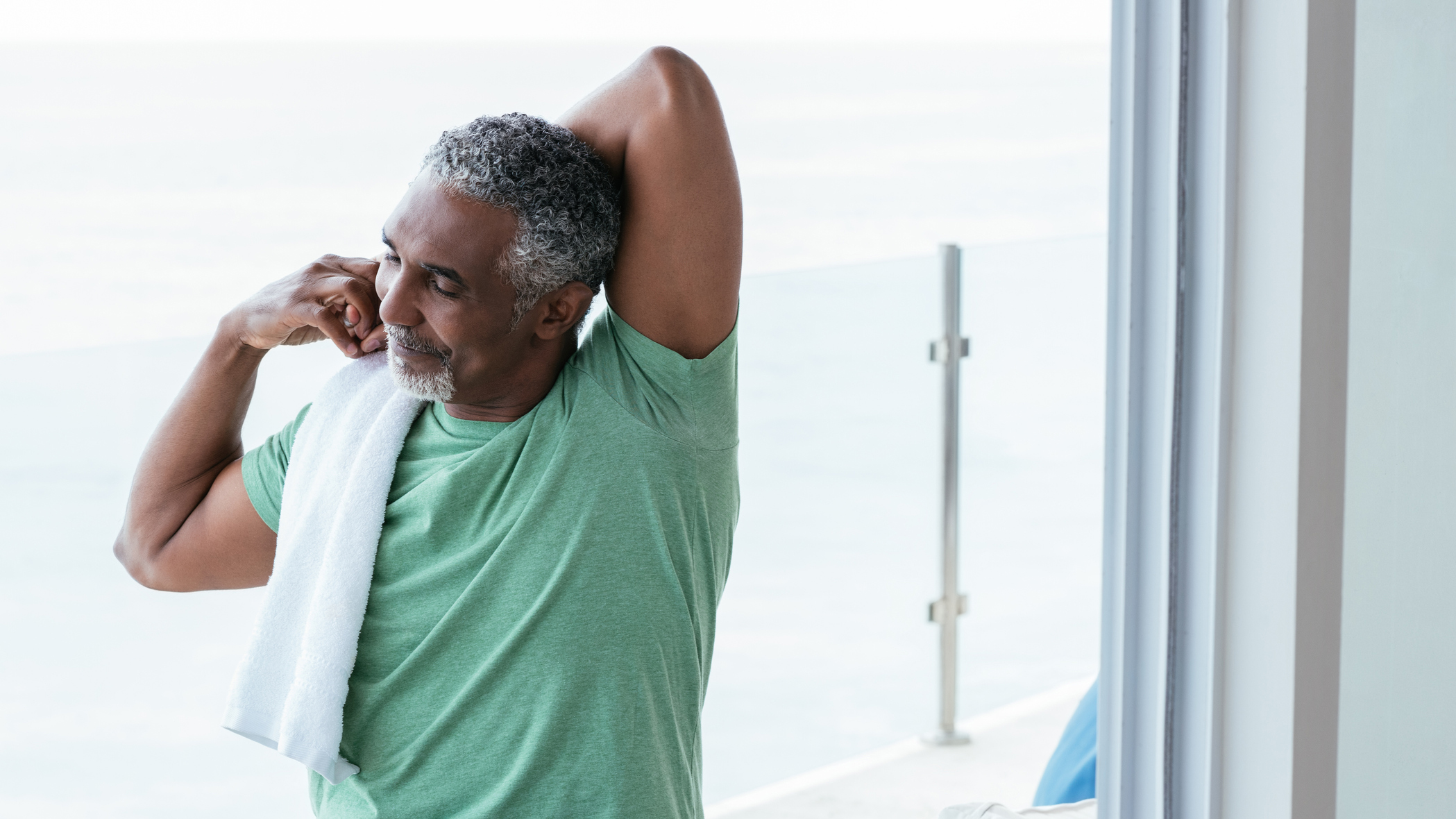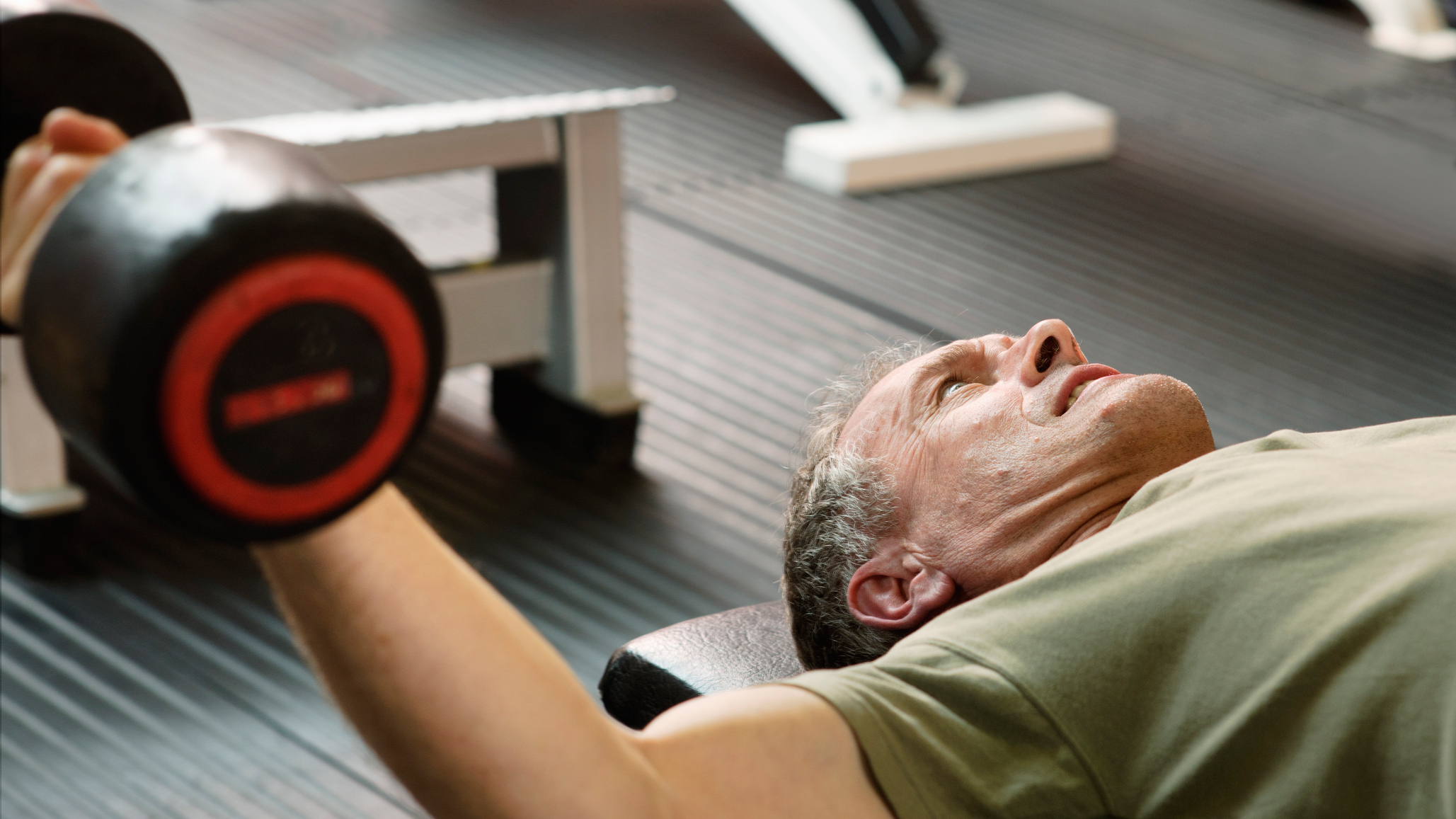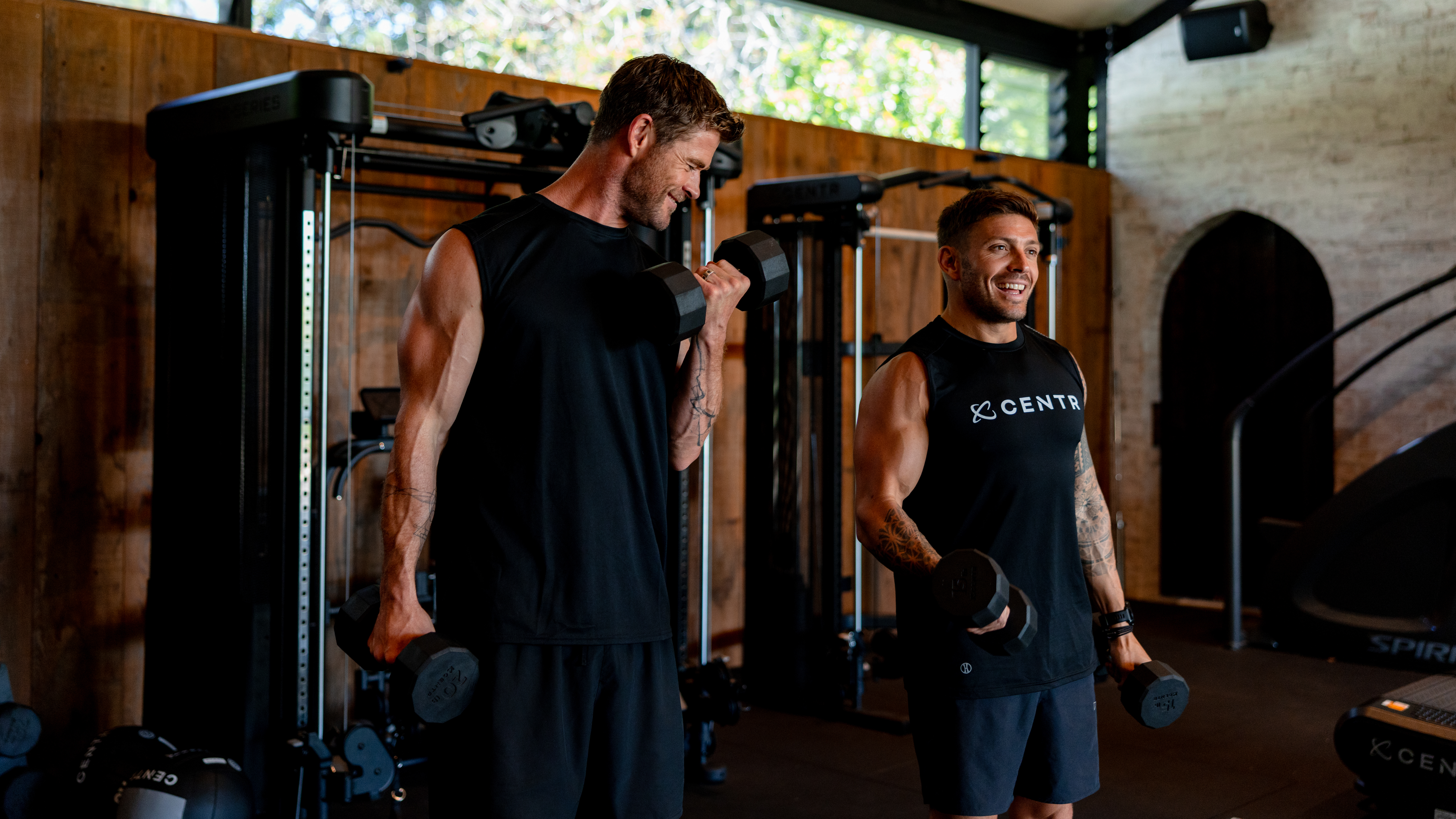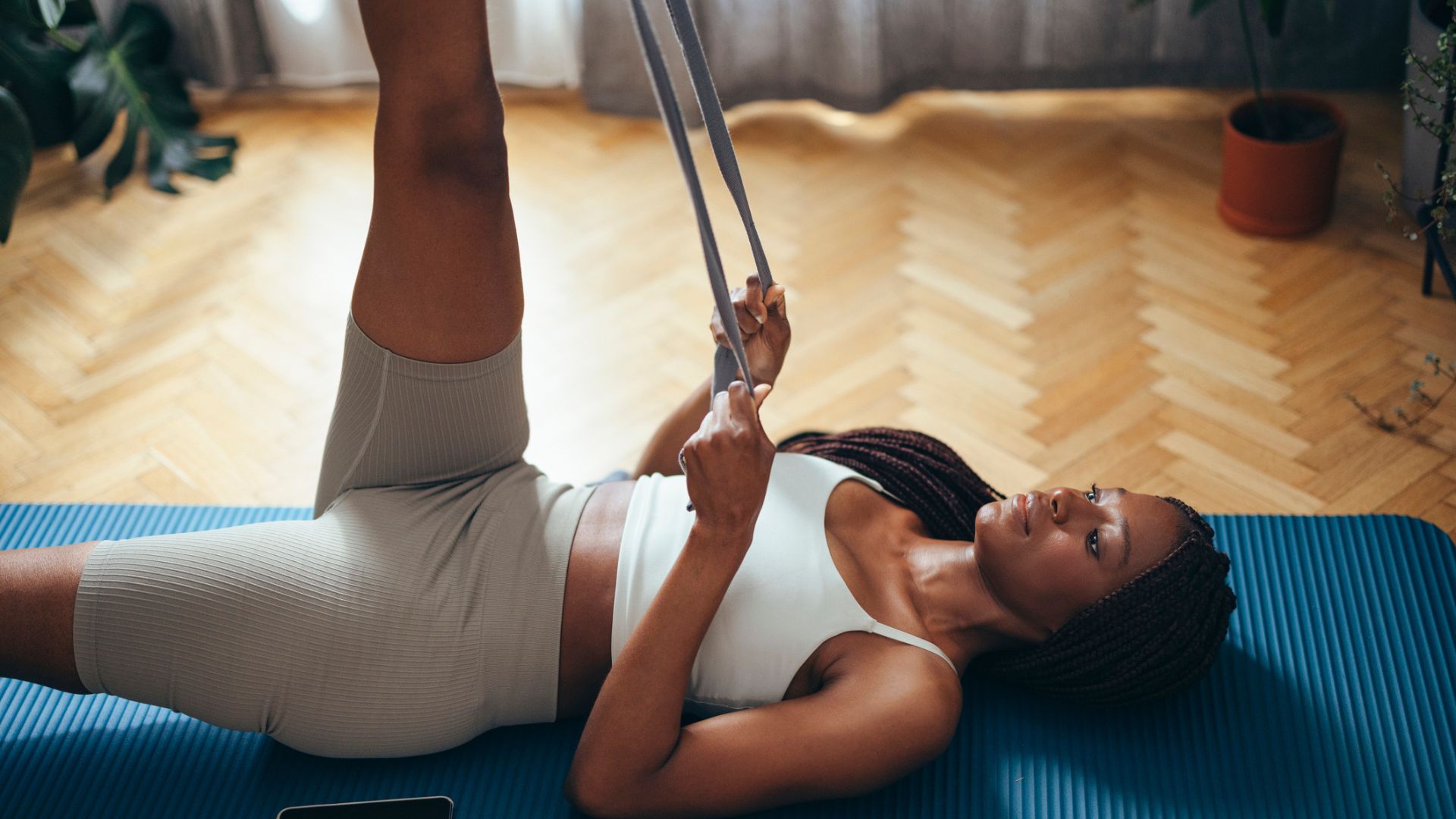Two ways for older adults to feel younger and less stressed than ever
Bad health makes older adults feel more stressed than ever. Roll back the clock with our tips


Stress is a big factor in any adults' life, especially the older population, and there's hardly been a more stressful time in living memory than the global health crisis. However, older adults can safeguard themselves against stress, according to this new study from researchers at the German Centre of Gerontology. The answer? Feeling younger.
The study looked at three years' worth of data from 5,039 participants in the German Ageing Survey, a lengthy survey of residents of Germany aged 40 and older. The survey included several questions on the amount of "perceived stress" in the participant's lives, as well as their functional health.
Unsurprisingly, if their health was limiting their day-to-day activities, such as walking, dressing and bathing, they perceived they had greater stress in their day-to-day. These participants also felt as though they were older than those with very good functional health.
Study lead author Markus Wettstein said: "Generally, we know that functional health declines with advancing age, but we also know that these age-related functional health trajectories are remarkably varied. As a result, some individuals enter old age and very old age with quite good and intact health resources, whereas others experience a pronounced decline in functional health.

"Our findings support the role of stress as a risk factor for functional health decline, particularly among older individuals, as well as the health-supporting and stress-buffering role of a younger subjective age."
The message here is simple: the healthier you are as you age, the less likely you are to feel chronically stressed in later life. Unfortunately, your age is against you: as you get older, your muscles undergo a process called atrophy, which causes them to waste away. They also get shorter, limiting your range of motion. Think a healthy 30-year-old's confident stride versus a very old person's limited shuffle with weak muscles.
The first thing you need to do in order to stay healthy is stretch. Stretching exercises are extremely important in expanding your range of motion and preventing injury, and one of the best things you can do for your body if you plan to age gracefully. Our beginner's guide to stretching exercises can have you feeling limber, as can this 15-minute yoga flow:
Get the Fit&Well Newsletter
Start your week with achievable workout ideas, health tips and wellbeing advice in your inbox.
The next thing you can do is resistance training, whether that's re-learning how to do a push up properly (which you can consult the guide for above), using the best resistance bands or in the gym lifting weights. If our muscles shrink as we age, building that strength back up and maintaining it will actually roll back the hands of time, keeping your body feeling fit and strong.
It's not just for bodybuilders: building upper-body muscle improves our grip strength, preventing falls in our old age, and improves the central core or "trunk" of our body, which all functional movement relies on. Meanwhile, working our lower body with squats and deadlifts keeps your glutes and legs strong to stand, walk, run and cycle into old age.
Matt Evans is an experienced health and fitness journalist and is currently Fitness and Wellbeing Editor at TechRadar, covering all things exercise and nutrition on Fit&Well's tech-focused sister site. Matt originally discovered exercise through martial arts: he holds a black belt in Karate and remains a keen runner, gym-goer, and infrequent yogi. His top fitness tip? Stretch.
-
 Build blockbuster arms and abs with Chris Hemsworth's go-to dumbbell circuit
Build blockbuster arms and abs with Chris Hemsworth's go-to dumbbell circuitAll you need are adjustable dumbbells and 20 minutes
By Sam Rider Published
-
 Forget crunches—if I wanted to improve core strength I'd do this neck-friendly Pilates workout
Forget crunches—if I wanted to improve core strength I'd do this neck-friendly Pilates workoutAnd it takes just five minutes
By Maddy Biddulph Published